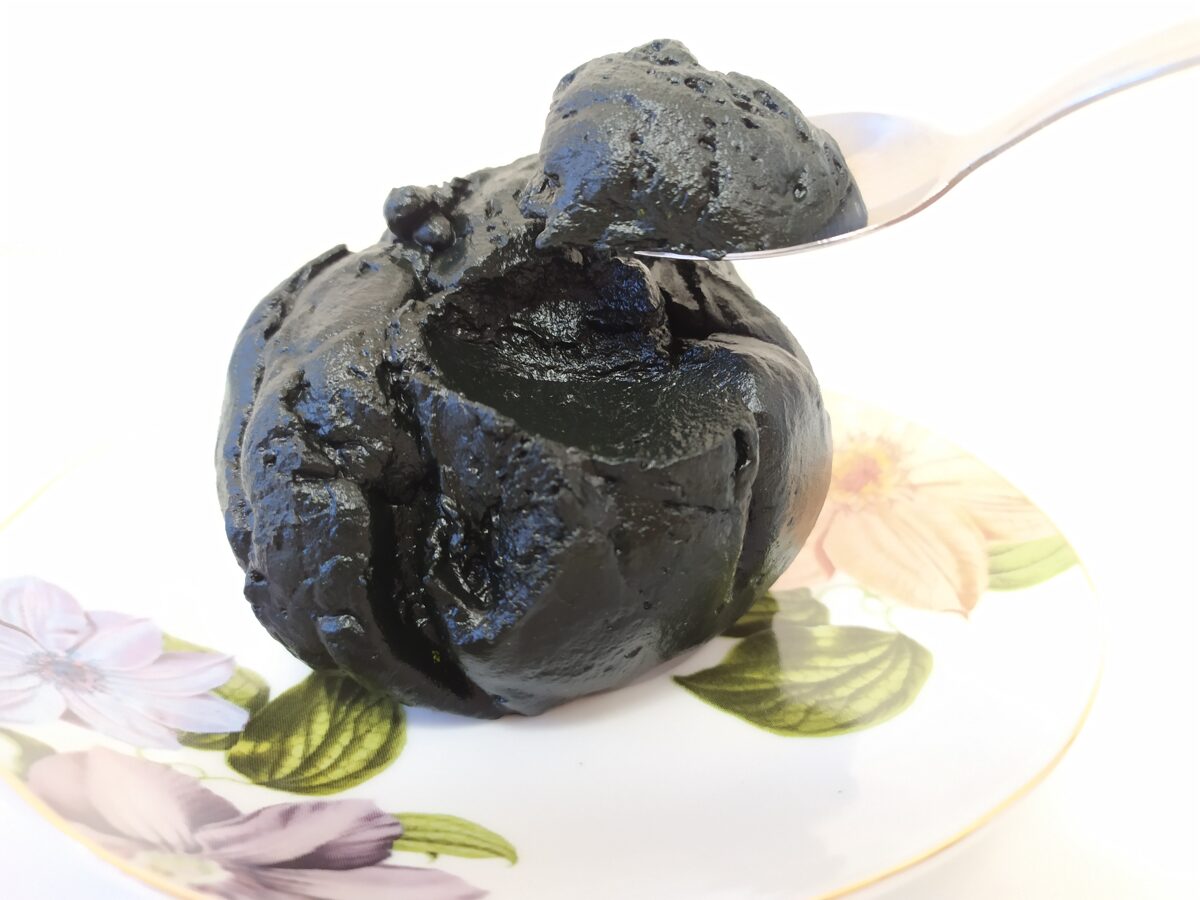Spirulina is unique functional ingredient for various foods
Spirulina is
source of antioxidants and vitamins (E, proA, all B group, but B12), minerals, like Fe and Ca, various enzimes and all essential aminoacids. Dried spirulina contian a lot of protein, up to 70 %, but fresh spirulina main value is high content of antioxidants. Antioxidants are sensitive to drying with hot air and therefore most of them are lost during drying.
Spirulina
is a unique TASTELESS functional ingredient. Some of properties found in various authors studies:
- natural fermentation booster for milk and fermented soy beverages
- masking sour and bitter aftertaste
- as an antimicrobial agent against drug-resistant food-borne bacterial pathogens in juices, purees, smoothies etc.
- deep green colorant
- anti-aging food ingredient
- soft cheese ingredient to improve protein, water, fat, ß carotene content, and texture
- ice cream ingredient to improve protein, total solids, fat and total sugar content, overrun, melting point, and sensory properties
- enhancing growth and survival rate of lactic acid bacteria present in yogurt
- sports drink ingredient to reduce lactic acid and reduce muscle inflammation after high-intensity training
Read more about these functions and details in articles below.

